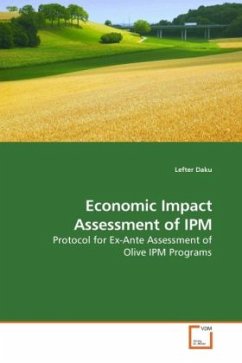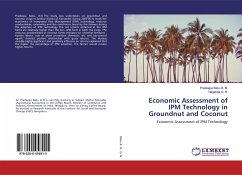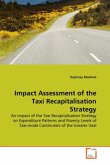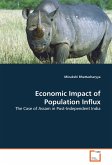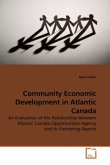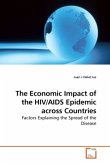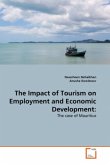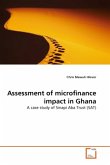Can IPM be profitable and how do we measure the benefits and costs? Can economic benefits of IPM on farms be aggregated to reflect economic benefits on a national scale? This book provides an integrated approach for ex ante economic impact assessment of IPM programs. What differentiates this book from other publications on economic evaluation of IPM is that it provides readers with a step-by-step protocol and a real world example in both the assessment process design and implementation. The protocol is illustrated with an example from assessing potential economic benefits of olive IPM in Albania. The main components of the integrated approach for economic impact assessment of IPM include: net return analysis for measuring user level impacts; economic surplus modeling for measuring market-level impacts; and modeling of IPM adoption under output uncertainty. With some slight modifications, the assessment protocol presented in this book can easily be applied to evaluating IPM and other research programs on various crops in different regions of the world. This book is addressed to researchers, graduate students, program planners, extension specialists, and IPM practitioners worldwide.
Bitte wählen Sie Ihr Anliegen aus.
Rechnungen
Retourenschein anfordern
Bestellstatus
Storno

